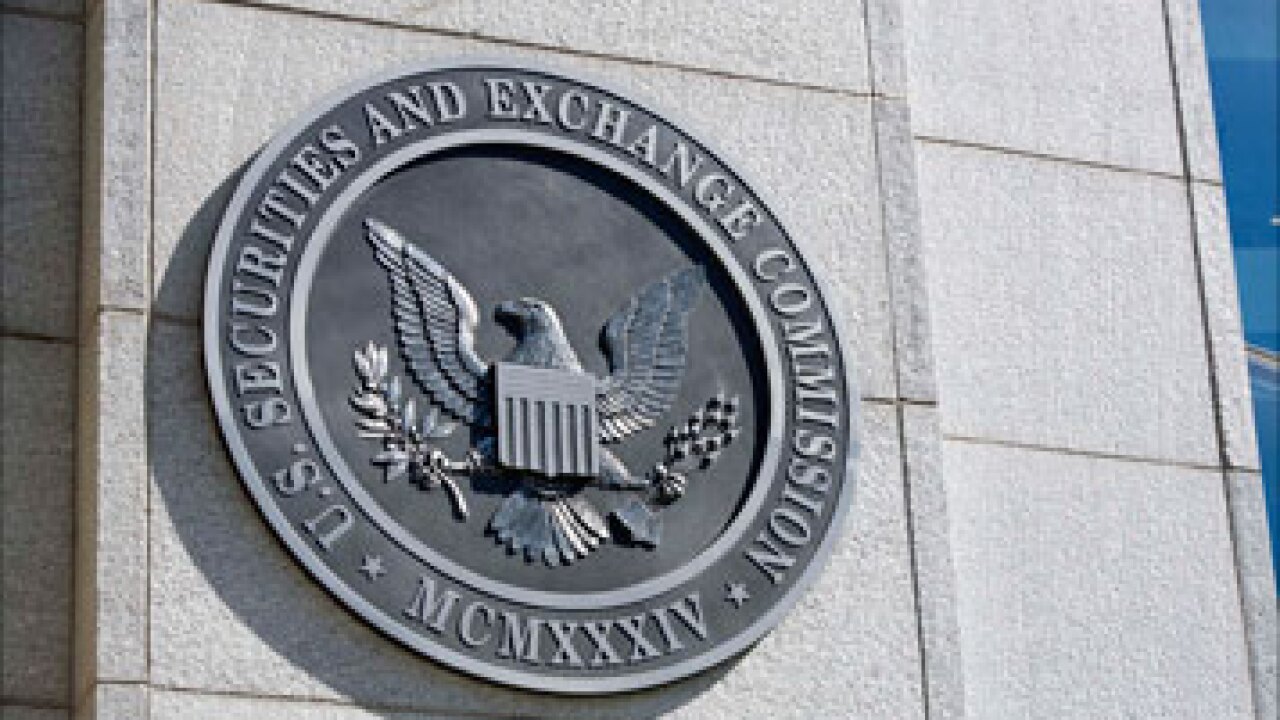Michael Anderson and his wife, Kathy, spun his tax preparer’s electronic “prize wheel” and won a promise from the company to double their refund.
That never happened. Instead, the preparer charged the Andersons more than twice as much as Anderson says he was told, made mistakes on the federal return and, without Anderson’s permission, told the Illinois department of revenue that he wanted to donate his 2017 state refund to charity, according to a complaint filed last week by Illinois Attorney General Kwame Raoul.
The complaint, made against Nu Republic LLC and Refund Republic LLC along with their owners and some employees, reflects a growing problem of companies scamming taxpayers, often of modest means, with wild promises and misleading claims, according to attorneys and consumer advocates.
Companies are using gimmicks and fine print to lure low-income taxpayers into hiring them for tax preparation, often charging far greater fees than what other preparers would charge for the same service.
In the Illinois complaint, filed in Cook County circuit court, Raoul wrote that as a result of Nu Republic’s and Refund Republic’s practices, “customers, many of whom are low-income, only receive a fraction of their expected tax refunds and risk losing future refunds” while the companies profited.
The complaint didn’t list Anderson’s income or occupation.
Refund Republic and Nu Republic, which share owners and a telephone number in Georgia, did not respond to a message left at its office on Tuesday morning.
“People should be wary of tax preparers who offer ‘free’ incentives and promise big refunds, because these offers can ultimately lead to expensive, and in some cases, prohibited fees,” Raoul said in a statement on Tuesday.
The tax-preparing firms in the complaint were founded in 2013 and 2015. According to the complaint, the firms as recently as last year recruited prospective employees on Facebook with promises of potentially earning $50,000 to $100,000 in two to three months with “no experience needed” in preparing taxes.
Preparers would earn $90 per return as long as the fees the preparers charged the consumer were more than $300. Less than that, and they’d earn a quarter of the fees they charged.
The companies marketed their tax services in neighborhoods where residents rely heavily on the Earned Income Tax Credit, which often ends up accounting for a quarter or more of a family’s income. They offered cash advances on the refund and the chance to win prizes like a cruise to the Bahamas or gift cards.
Banks Exit
But the clients were often charged multiples of what the preparer told them they’d receive, the complaint said, and fees that they didn’t realize until the company took it straight out of the refund.
For decades before 2009, banks and other lenders offered loans against anticipated tax refunds that often carried double- or even triple-digit interest rates. The loans were meant to bridge the few weeks between filing a return and receiving the refund check. After new laws and regulations capped the interest rates lenders could charge or limited other terms, most banks left the market.
Some large tax preparers still allow tax refund “transfers,” which don’t get consumers money more quickly than the Internal Revenue Service, but do allow the taxpayer to pay for the preparation services out of their checks.
The banks’ departure from the refund loan business provided an opportunity for tax preparation firms that take advantage of people who need money quickly, according to the National Consumer Law Center. According to the complaint, Nu Republic and Refund Republic offered clients such advances, though in many cases they never materialized.
Barbershop Meeting
The companies did allow customers to pay for the services out of the refund checks, but the fees ended up being much higher than the customers were told, according to the complaint.
Manuelita Martinez, another consumer in the complaint, met with a Nu Republic tax preparer in a Chicago barbershop in January 2018, according to the attorney general. The preparer estimated his fee would be $350 to prepare her federal and state returns. She also opted to buy “audit protection” for about $60. Another form estimated her tax refund to be $4,688.
When she received her federal refund check, Nu Republic had deducted $750 in charges, the attorney general said. The company told the attorney general that Martinez had signed a disclosure listing the $750 in fees, but Martinez said she did not remember the disclosure or know how her signature appeared on it.
Dory Rand, president of the Woodstock Institute, said low-income taxpayers can often find free tax preparation help at local nonprofits and, regardless, should ideally wait the less-than-two weeks it typically takes the IRS to deliver a refund instead of getting an advance from a private company.
“As often happens in the high-cost lending space, people keep coming up with ingenious ways to rip people off,” said Rand, whose nonprofit advocates on behalf of low-income and minority consumers.






